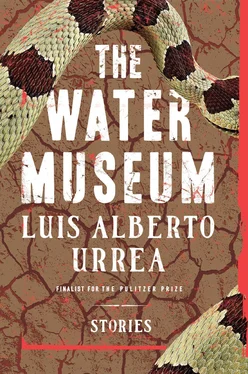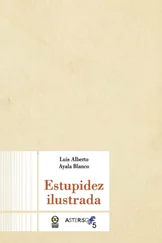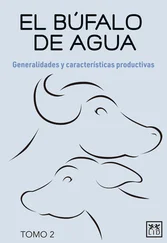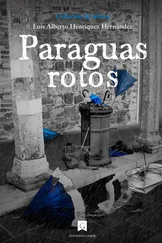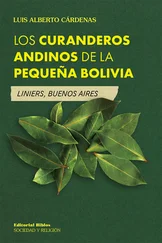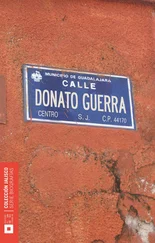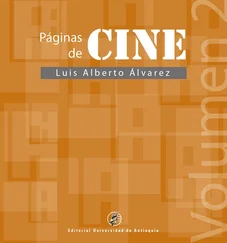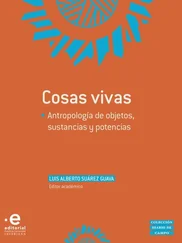Ralph: “Well, ain’t you a bundle of joy.”
The Professor: “Natural selection, my friend.”
Ralph tosses some money on the counter.
“Christ,” he says. “Now it’s evolution.”
“What a newfangled idea,” The Professor mutters.
The butte knows that Big Double Wally saw eagles fly in a mating dance as he struggled up. That he almost fell. That the entire valley floor, once drained of ocean, became another kind of sea — red and orange and screaming hot as the lava rolled across the flats. Ferns, palms, ancient shaggy pines bursting into flame and vanishing under the languid waves of melted stone. Air so hot the flying creatures trying to migrate burst into flame and plunged into the inferno. And Big Double hanging from his little rope, swinging like a pendulum for a minute of sheer terror, shouting, “Oh gravy!”
Miss Sally: “Frankie, dear — your own dad painted the fifty-nine, don’t you know.”
“Yep. Know it.”
Frankie thinks about some of the maneuvers she led the Colorettes through at the games: drop spins, crazy-eight carves, flutters, toaster turns.
Ralph leaves and doesn’t shovel the pile outside her door.
* * *
The sun has moved on to that Pacific shoreline she never saw, and it is all probably turning copper and cool at the end of a long day. Here it is still hot, and quiet, and the glow fires up the top half of the butte. She is sitting in her truck, staring at 77, wishing she still smoked. The renegade steer from the morning is lurking beside one of the trailers across the way, and it eyes her, then bellows. She starts her engine and it trots across the street toward her. “What do you think?” she says out loud. “Do I look like a rancher to you?” The steer lows and eyeballs her. She puts the truck in gear. “Do I look like I’m hauling hay to you in some field?” She lowers her window and says, “Shoo.” She waves her hand. He shakes his horns and bellows again.
As Frankie drives away, she watches the steer in her rearview, trotting after her.
“Don’t you beat all,” she says.
She is tired and her feet hurt. That hip is trying to lock up on her again. She thinks she’ll be darned if she lets her hip or this crazy little bull keep her from going inside and watching her shows. She smells like food — it’s the worst part of her day. If she washes the grease smell out of her hair, she’ll be blow-drying it for hours. Coming home smelling like fried flesh, she can hardly bear to eat. She usually gives herself a bowl of Special K and some iced tea. Watches shows on the satellite where people buy houses on beaches on islands and basically sunburn for a living. She doesn’t drink much, but she does have a weakness for a bowl of ice cream. And she likes a hot soak and a good book. But tonight she feels the hollow spot, and she drops a splash of Southern Comfort into her Diet Coke and then another.
Outside, the chain-link rattles. Stupid cow.
“You better not eat my flowers,” she says.
She laughs for a minute — what is the neighbor going to think when she sees Frankie has a new bull?
It’s time for her bath. She has a good mystery she’s been working on — a Sara Paretsky. In those books, Chicago seems like some kind of Star Wars city to her, like Oz, if Oz had lots of murders. She can’t imagine what it would be like to walk the streets of that giant canyon of crystal and stone. And that lake! Why, they were never going to run out of water. And her daughter. In the city. Just about to pop. Frankie saves calling her for later. “Oh, Sammy,” she says. Sammy is the only thing that makes her cry. Sammy and the little peanut she’s bringing into the world.
Tub’s running. She should save this water for the tree and the steer. When she looks at herself in the mirror, she feels like the drouth has taken all her own water from her, just like the little ranches all about. It takes eight thousand gallons a day to grow enough forage for cattle, and to keep the cows and horses alive.
Her braid looks like straw. Her chin has dropped. Her shoulders are slumping. She cringes when she remembers when Sonny and Stick thought she was the prettiest, most interesting girl in this entire state. How poor Son tried to get her away from Stick. “Your skin is like new snow,” he’d tell her. What kind of thing was that to say? It must have come out of his books he was always carrying around. Nobody talked like that. Not to Frankie. It shook her, bad.
The picture of Son is in the hallway, outside the bathroom. She touches his face when she goes to bed. He had the softest hair she ever felt, on a girl or a boy. She always wishes she could touch that hair one more time. Poor old Stick hangs in the kitchen, beside the fridge.
She calls Sammy most nights, but the Southern Comfort has made her sleepy. Besides, sometimes Frankie senses that she bores her daughter. And Frankie can’t bear to be boring anymore. Frankie says a prayer every night and settles in to listen to the all-night UFO shows on the AM radio.
On her left hip, where nobody sees it, her only tattoo: 1977.
* * *
Stickshift, so they called him — on account of his ability to drive anything with a motor — never forgave Sonny for leaving the Mountain Men. He probably suspected Frankie and Sonny had some secret thing going on in the little theater, but then Son was just a drama fag. Right? Shit, they probably shared lipstick and pantyhose! Haw. The boys laughed at that.
Frankie was loyal to Stick, of course. They were going to marry after school ended. Stick was going to run the gas station and expand the garage beside it to service all the cars and tractors and trucks between here and Boise. He wasn’t much of a reader, unlike Frankie, but he brought her paperbacks when he went on runs with his dad, delivering machine parts into Oregon. Sonny, though. Sonny came at her with poems and paintings and drawings and records. Son smelled her hair and teased her till she laughed so hard she cried. And they acted together like they were dancing.
But even Frankie’s dad said Son was no-account. A hippie. “You can’t eat poems,” he told her.
It was after the senior prom when Son came up to her at the bonfire at the foot of the cliffs. Everybody was drinking. Stick was blitzed and sleeping in his truck. The Colorettes were roasting marshmallows for the boys. And Sonny sidled up to her and smelled her neck. The bolts of lightning that shot down her body made her jump. Somebody was playing Seger on the tape deck. They locked eyes.
“Frankie,” he said. “Run away with me.”
She shoved him a little.
“Crazy boy.”
“No, seriously. Let’s run away. Portland. I want to take you to that beach.”
She laughed.
“You’re drunk.”
He kissed her lips.
She stared into his eyes.
“What are you doing?” she whispered.
“I don’t know.”
He sipped his beer.
“Can I do it again?”
“No!”
They kissed, hard. She bit his lips.
Son’s breath was shaking out of him, and they leaned against each other — the huge perpetual shadow of the cliff looming over the entire town, the bottoms of the numbers writhing in the fire’s light as if they were dancing.
“I want to touch your hair,” she said.
Stick staggered out of the dark and he and Son stood side by side, peeing on the cliff face.
The Colorettes shrieked, “Ooh! Gross!” and scurried about in a frenzy of faux panic.
Stick hugged Son.
“You ain’t so bad,” he said. Went back to sleep some more.
Later, Frankie’s hands clutched Son’s hair and she cried against his bare shoulder. And ever since, she has thought she should have run. She should have gone. But you can’t just quit. You can’t just leave home behind to wither and die. You can’t. You can’t.
Читать дальше
